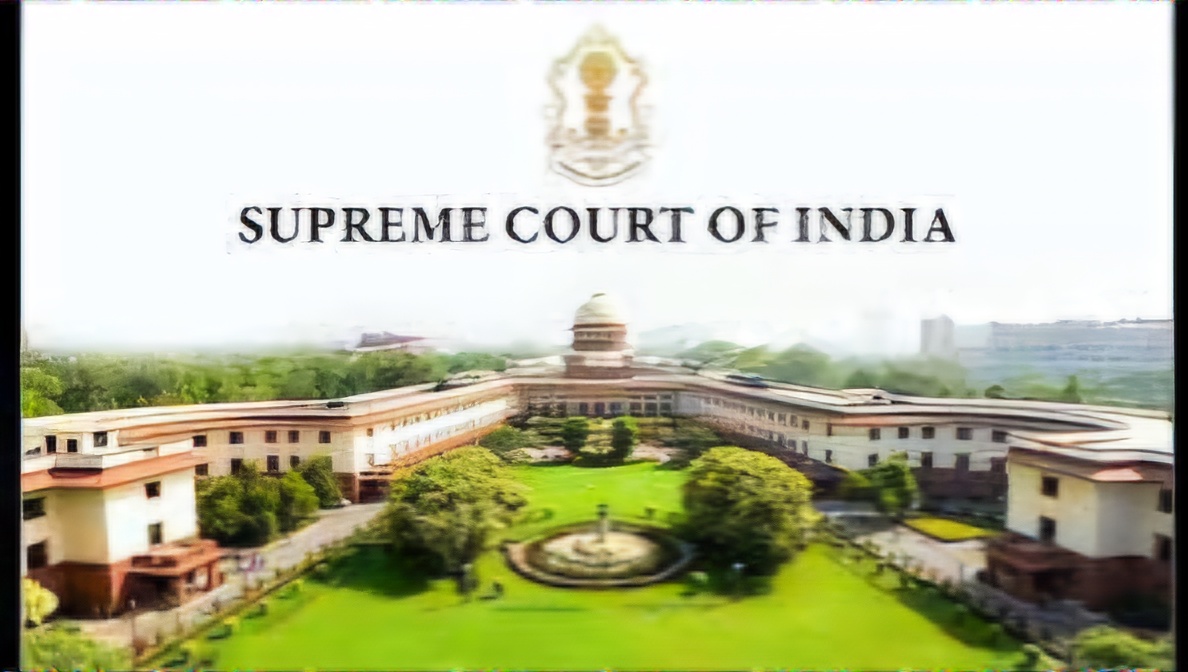


In a later Incomparable Court judgment conveyed in Beena & Ors. vs Charan Das (D) through LRs & Ors. [Respectful Offer NO. 3190 OF 2014], the Court managed with a long-standing legitimate debate including a landlord-tenant relationship that finished in a assent arrange in 1979. In spite of the clear straightforwardness of the assent arrange, it activated decades of case, inevitably bringing the matter some time recently the pinnacle court.
The Root of the Debate
The case started from a tenure debate where late Bhawani Parshad (the proprietor) recorded an ousting application against his occupant, Charan Dass, beneath the Himachal Pradesh Urban Lease Control Act, 1971. The grounds for removal were based on the broken down condition of the premises and the landlord's individual require for remaking. Amid the procedures, a settlement was come to between the parties, coming about in a assent arrange on September 5, 1979.
Concurring to the assent arrange, the inhabitant concurred to store Rs.12,500 in court by December 15, 1979. In case the inhabitant fizzled to create the store, the landlord's removal application would be permitted, and the inhabitant would clear the premises. In any case, in case the inhabitant made the installment, the landlord's ousting supplication would be expelled.
Case Resurfaces
The disagreement intensified when the tenant tried to have his name listed as the owner of the contested property, claiming that the consent order impliedly gave him ownership of the land, even though he complied with the requirements and paid the required amount. This petition was accepted by the rent controller, who also mandated that the tenant's name be listed as the owner.
The High Court later overturned this decision after receiving an appeal. When the renter filed a petition for possession, arguing that he was now the legitimate owner because of the consent decree, the disagreement reappeared.
The Supreme Court's Interpretation
The Supreme Court, in its judgment, clarified the true nature of the consent order. The Court held that the consent order did not confer ownership rights on the tenant. Justice Pankaj Mithal, delivering the judgment, stated, “On the plain reading of the above statements, it cannot be said by any stretch of imagination that there was any settlement of transfer of the property on the above sale consideration.”
The Court further emphasized that no document, much less a registered instrument, had been executed between the parties for the transfer of title. Without such formalities, the tenant could not claim ownership based solely on the payment of Rs.12,500, even though the sum was equivalent to the value of the property.
Conclusion
The significance of accurately interpreting the law in consent orders is highlighted by the Supreme Court's decision to overturn the High Court's ruling. The Court found that the consent order did not, in any case, give the tenant ownership rights; rather, it simply related to the eviction application.
As a result, the landlord won the appeal, and the tenant's claim to ownership was declared void. Both landlords and tenants should take note of this case. It emphasizes how important it is to make sure that every property transfer is officially recorded and acknowledged, as unwritten agreements or tacit understandings might result in drawn-out legal battles.
Click Here to: Download/View Related File
TAGS: Consent order landlord-tenant dispute Supreme Court judgment eviction proceedings legal interpretation property ownership.